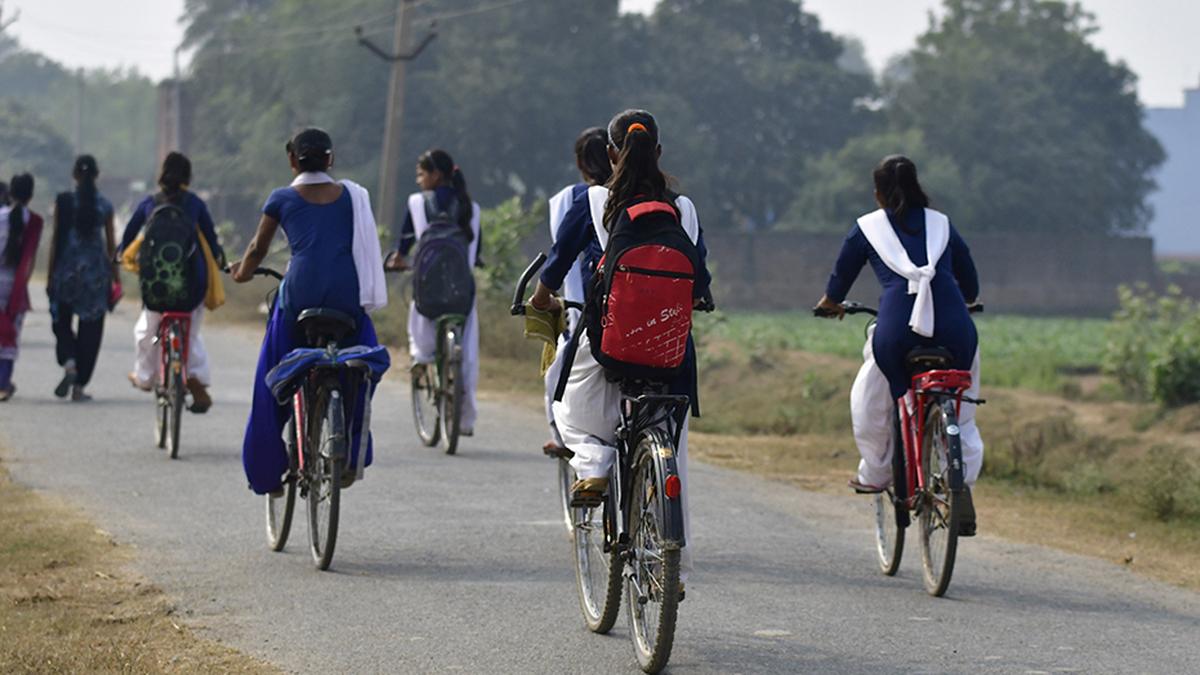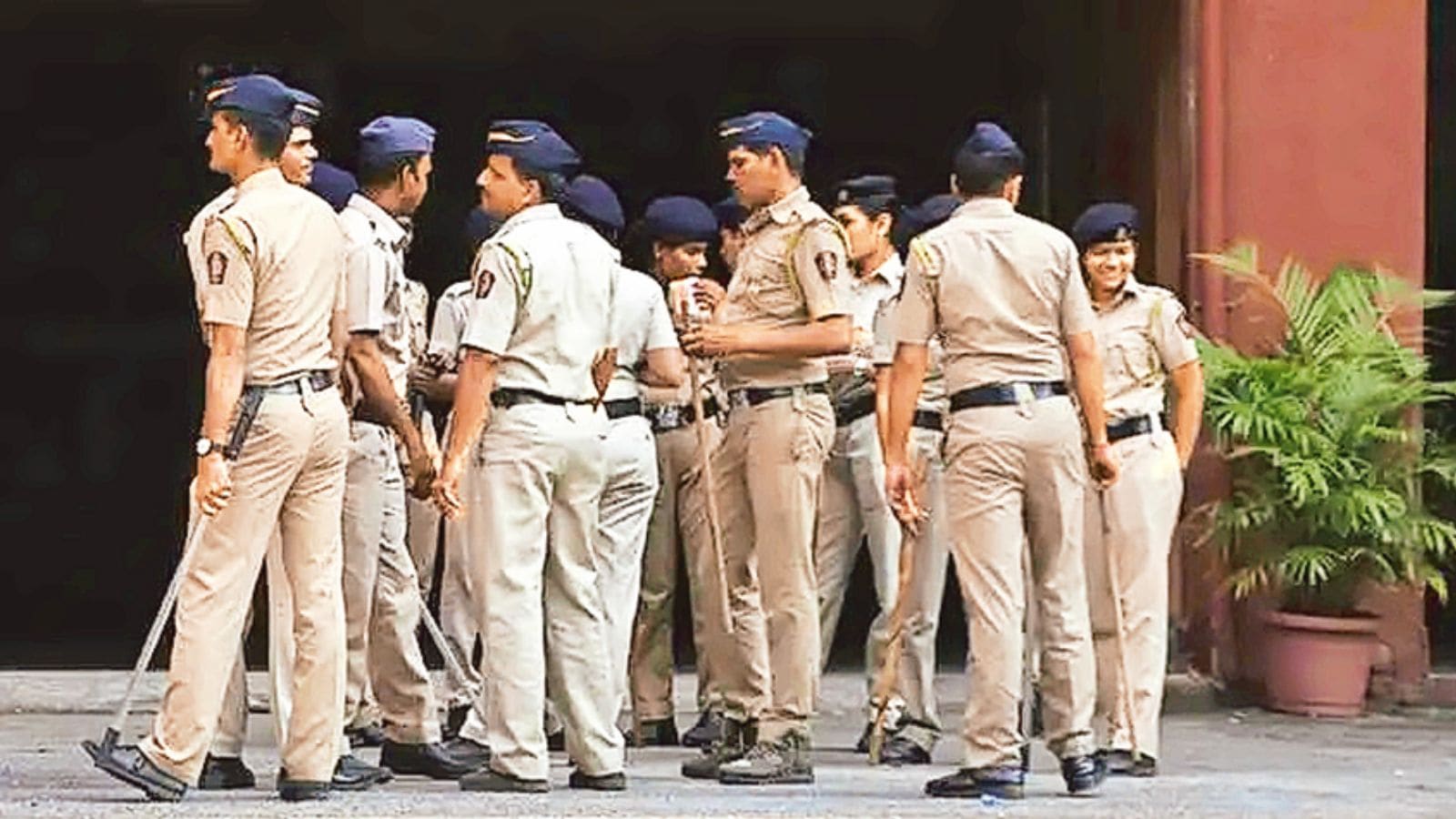Police in Rajasthan and Delhi have become the first in the country to record, store and analyse biometric data such as the fingerprints, and retina and iris scans of all those whom they arrest, as well as some others accused of a crime.
Due to the limitations of forensic capabilities, the collection of DNA, likely drawn from blood samples, is yet to be rolled out, police officials said.
These biometric samples are being collected since March this year in compliance with the Criminal Procedure Identification Act (CrPI), which was passed by Parliament in 2022 and has now come into effect on a pilot basis in Delhi and Rajasthan after three years.
DNA guidelines being developed
The Act enables the police and Central investigating agencies to collect, store and analyse physical and biological samples, including the fingerprints, and scans of the retina and iris of all arrestees.
Though the Act and its Rules do not explicitly mention the collection of DNA samples and face-matching procedures, the National Crime Records Bureau (NCRB) has informed State police officials that such measures will also be rolled out in around 1,300 locations spread across police districts, commissionerates, and Special Investigation Units at State headquarters.
The NCRB, which comes under the Union Ministry of Home Affairs, has been tasked with implementing the Act and has finalised the Standard Operating Procedure to be followed by police officials while recording such data.
Such guidelines have been completed for the collection of finger-impressions, palm-prints, footprints, photographs, iris and retina scans, physical and biological samples and their analysis, and behavioural attributes including signatures, handwriting or any other examination.
The NCRB has held meetings with forensic laboratories to finalise the DNA loci pointers to be used in DNA profiling under the Criminal Procedure (Identification) System, which it has developed.
‘Forensic, logistic capabilities needed’
Rajasthan Director General of Police U.R. Sahoo told The Hindu that the Act has been implemented in some police districts. “The DNA samples are yet to be collected and stored. It requires huge forensic capabilities and logistics, which does not exist presently. The other provisions of the CrPI Act have been rolled out. The data is being stored in a central server,” Mr. Sahoo said.
A Delhi Police official said that such data is being recorded for all accused persons, irrespective of whether they have been arrested or not. According to Section 35(3) of the Bharatiya Nagarik Suraksha Sanhita, the police can issue a notice to a person to join the investigations even when their arrest is not immediately required.
Under the National Automated Fingerprint Identification System (NAFIS), another project maintained and managed by NCRB, workstations and scanners have been put up at around 1,300 police stations. Its database contains fingerprint details, along with a unique 10-digit number, for over one crore people who have been accused or convicted of a crime across the country.
Published - June 07, 2025 10:19 pm IST



.png)
.png)
.png)
















 3 hours ago
3
3 hours ago
3









 English (US) ·
English (US) ·